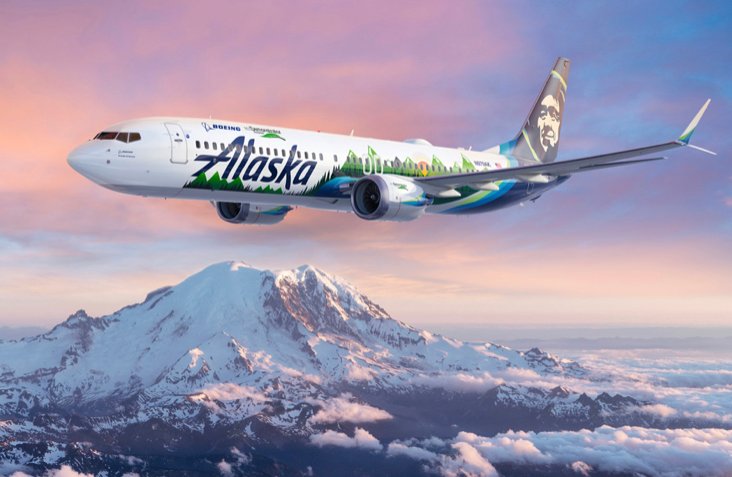Overview
The aerospace industry is undergoing a shift towards environmentally conscious technologies aimed at reducing carbon emissions, which damage the environment. The use of AI advancements facilitates automated operations and enables the implementation of autonomous flights, while the utilization of small satellites contributes to more affordable operations. The adoption of smart materials and 3D printing techniques further alleviates production and performance limitations. Overall, the progressive innovations within the aerospace industry fuel swift mobility and economically viable aerial missions.
ecoDemonstrator Program
Boeing’s ecoDemonstrator program has been instrumental in driving innovation over the past decade by testing promising technologies in real-world aviation environments. With nine airplanes serving as test beds since 2012, the latest addition is a Boeing-owned 777-200ER. This aircraft will undertake around 30 projects aimed at enhancing aviation safety and sustainability.
Projects include water conservation, operational efficiency improvements, additive manufacturing, sustainable aviation fuel, and an advanced vision system for pilots.
Furthermore, Boeing has committed to certifying all their commercial airplanes for 100% sustainable aviation fuel use by 2030, aligning with the industry’s goal of achieving net zero carbon emissions by 2050. The success of previous flight tests conducted through the ecoDemonstrator program gives Boeing confidence in reaching these objectives.
To enhance the aviation ecosystem, Boeing’s aerospace engineers and scientists, in collaboration with partners, are conducting research within the ecoDemonstrator program to develop new features, services, and approaches. In total, the program will assess 230 technologies aimed at reducing fuel consumption, emissions, noise, and incorporating sustainable materials. These technologies play a crucial role in various significant projects.
Boeing’s ecoDemonstrator program has played a crucial role in advancing technologies that have now been integrated into newly delivered Boeing airplanes and numerous aircraft worldwide. These technologies have undergone thorough evaluation and validation within the ecoDemonstrator program. Several notable examples include:
iPad applications have been developed to provide real-time weather updates and information to pilots, enabling them to optimize fuel consumption and reduce emissions.
Custom approach path information has been implemented to minimize noise in communities during aircraft landings.
The 737 MAX has been equipped with more aerodynamically efficient winglets, resulting in improved fuel efficiency.
The 777X features flight deck touch-screen displays and a camera system, enhancing safety by assisting pilots in avoiding ground obstacles.
The ecoDemonstrator program has made a significant positive impact on the entire aviation industry. Boeing has utilized the program to test and further refine ambitious goals aimed at increasing the adoption of sustainable aviation fuel (SAF). SAF has the potential to reduce life-cycle CO2 emissions by up to 80%, with the ultimate objective of completely eliminating emissions in the future
